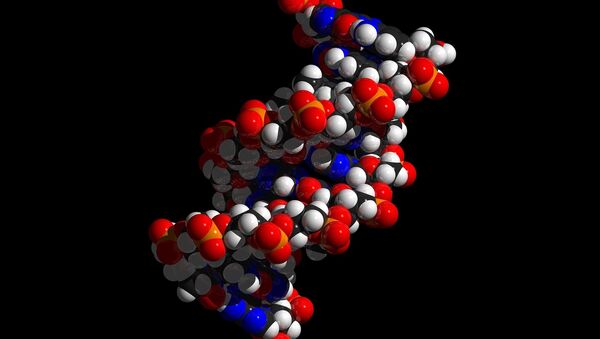"For a society that compulsively creates and stores huge amount of data, our short-lived digital storage techniques don’t satisfy their purpose as archives neither in scope or lifespan," Twist Bioscience says on its latest blog detailing why new methods for storing data need to look back at the world’s oldest – DNA.
Valley With Silicon DNA
Twist Bioscience based in San Francisco, California believes the "digital revolution would be invisible to history because its structures are virtual, and its infrastructure is disintegrating", which is a good enough reason for the engineering company to reach a deal with Microsoft and the University of Washington to encode swathes of information on synthetic genes.
"Our silicon-based DNA synthesis platform offers unmatched scale and product quality that vastly accelerates the ability to write DNA at a cost enabling data storage," Dr Emily Leproust, CEO of Twist Bioscience said following the announcement of the partnership.
Big Data Meets DNA
DNA data storage could last up to 2,000 years without deteriorating, according to research carried out by the American Chemical Society.
A single gram of DNA can store almost one trillion gigabytes of digital data.
Could #DNA super charge the digital revolution? https://t.co/9UUnk4sBdO More on @TwistBioscience @MSFTResearch deal pic.twitter.com/dTj2hFcAXd
— Twist Bioscience (@TwistBioscience) April 27, 2016
However using synthetic DNA to store data is still in its embryonic stages and it is unlikely there will be a commercially viable product for a couple of years.
"The initial test phase with Twist demonstrated that we could encode and recover 100 percent of the digital data from synthetic DNA" Microsoft researcher Doug Carmean said.
According to EMC Corporation, the digital universe is doubling in size every two years and will multiply tenfold by 2020, from 4.4 trillion gigabytes to 44 trillion gigabytes.
Super exciting to work with Twist Bioscience! https://t.co/HhEiq40YEv
— Luis Ceze (@luisceze) April 27, 2016
Putting that into perspective, if a byte of data was a gallon of water, in just ten seconds there would be enough water to fill a house – by 2020 – it would take only two seconds to fill up.
It might well be the start but synthetic DNA data storage could one day become a solution to future proofing the world’s virtual data.

